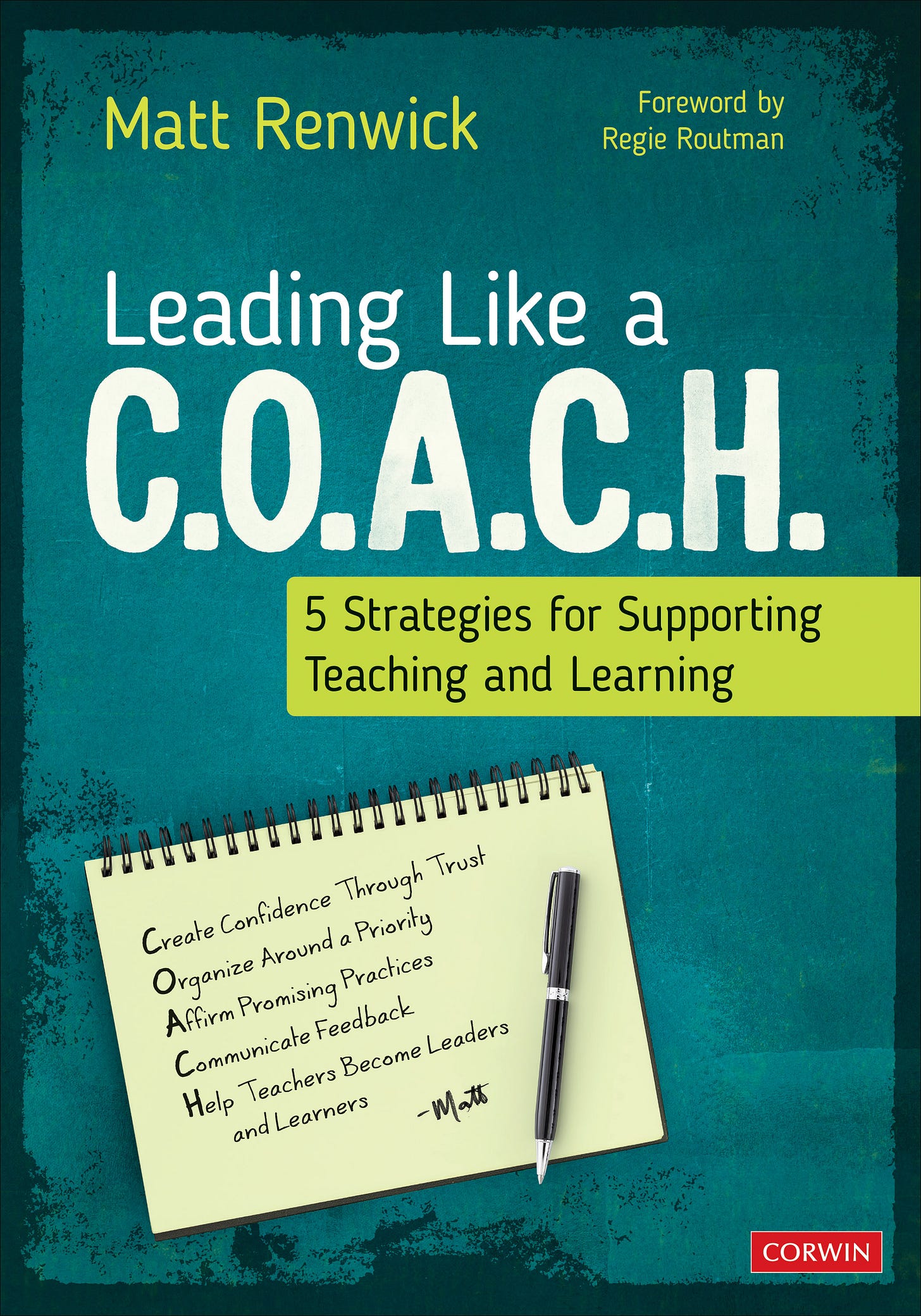Hunt for a feeling
Wisdom from the Field #19
All posts in the Wisdom from the Field series are available here.
In his book The Art of Noticing: 131 Ways to Spark Creativity, Find Inspiration, and Discover Joy in the Everyday, Rob Walker highlights a quote from Ernest Hemingway.
The famous author complained that people don’t really listen or observe.
“You should be able to go into a room and when you come out know everything that you saw there and not only that. If that room gave you any feeling you should know exactly what it was that gave you that feeling. Try that for practice.” (p. 72)
Walker recommends using your senses “to focus on what’s outside of ourselves.” This information can lead to a feeling about the situation. As the feeling is identified, Walker invites the reader to explore it more:
Where are you uncomfortable or even agitated?
Where are you carefree, with a sprint in your step?
What are the physical or social influences on that state? (p. 73)
Act Like a Researcher
While visiting a classroom, I always have a feeling about the experience. Impressed, concerned, curious, excited to come back, etc. These feelings are not always accurate. But they are real.
Once I’ve identified and named that feeling, my job as a leader then is to act like a researcher and investigate it. I can look back in my notes during an instructional walk1 to validate the feeling.
The following questions can also help ensure we have been fully present during our visits.
When I entered the classroom, did I withhold my judgment and come in with genuine curiosity?
What were the students’ experiences as readers and writers?
What was the teacher’s experience during literacy instruction?
How has my own understanding of teaching and learning in this classroom expanded?
Instructional walks is the primary strategy recommended for leaders to support teaching and learning in my upcoming book.



I love the guiding questions - thank you! One of the pieces I do provide feedback on is the climate of the classroom and try to tune into the atmosphere; I do need to take into consideration pre-conceived notions so try to make a conscience effort to clear my mind prior to walking in. I also work to understand where a classroom teacher might be for example, if they are just coming off of illness, dealing with a recent diagnosis of a family member, or has been struggling and take that into consideration when providing feedback. It has given me new perspectives and solidified the importance of coaching to move the needle.